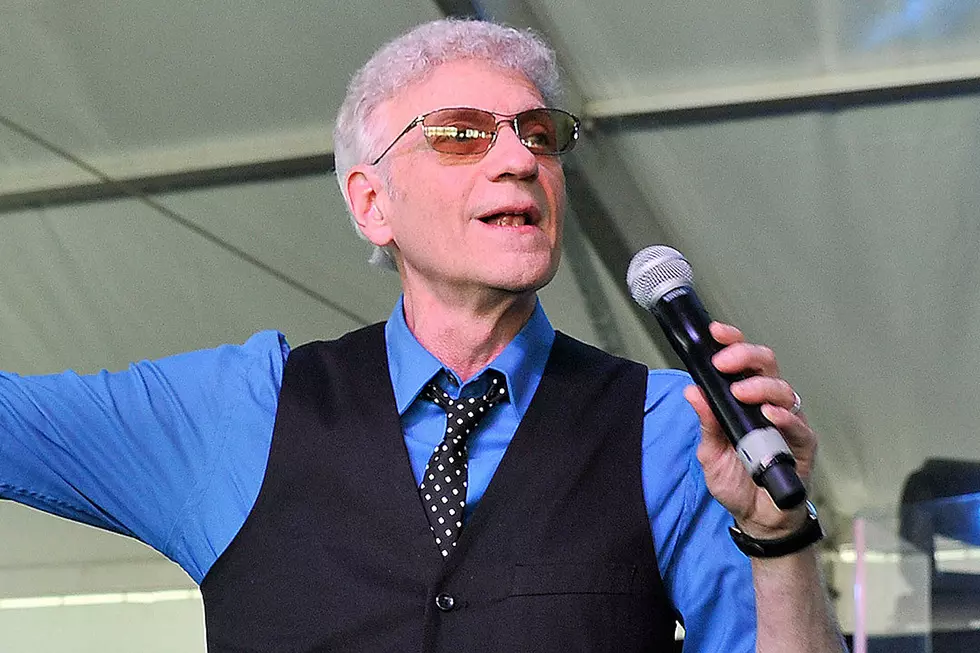
James Young Says ‘Mr. Roboto’ Lost Styx Album and Ticket Sales
Styx guitarist James “J.Y.” Young admitted he’d never liked the band’s softer material, championed by former singer Dennis DeYoung – but reflected that the pair had been a formidable creative force when they were at their best.
The band recently began playing the 1983 single “Mr. Roboto” live after decades of resistance, and after years of DeYoung predicting they’d do it eventually. The song contributed to the band’s split and a series of lineup changes after they returned. The appearance of “Mr. Roboto” on recent set lists led to exchanges of public comments between the two parties.
“Dennis was a strong-willed individual and had the most success as a writer and lead singer in the heyday," Young told AZCentral in a new interview. "So when we were gonna go with his idea about this robot thing, I said, 'We run the chance of really alienating our male audience.' … And it all went bad. It cut our album sales in half because the male audience was absolutely alienated by 'Mr. Roboto.' Not all of them but a large chunk. And our concert tickets were down from sold-out arenas in 1981.”
Commenting on Styx’s recent change of heart, Young said, “What that song did is it killed a whole lot of people’s interest in our music. But it spawned a second generation of fans. Pre-teens and early teens, whoever made that a gold single. Our merch guy would tell us, ‘People are wondering why you don’t play 'Mr. Roboto.’ And I would say, 'Well, that’s Dennis’ song. Let Dennis have that.' But this is our 20th concert season without Dennis, And if this is what the fans want, then let’s do it, but let’s do it up right.”
Young said that DeYoung’s softer music had never been something that interested him. “Dennis was a balladeer," he noted. "But he was really good at it. Even some of my heavily muscled buddies on Chicago sports teams, they said, ‘Oh, my wife and I, we really love that song, "Babe."' So who knows? I didn’t like the soft, sappy side of our band."
Young added that DeYoung "contributed to making my songs great. ... Tommy Shaw did the same and John Curulewski, as the writer and singer who preceded Tommy for the first five albums. I helped their songs get better as well. We wound up being broader and more Beatlesque. I’ve come to view that as a great strength as opposed to a weakness. Dennis and I were always competitors, but when we chose to work together we were a powerful force.
"We all moved toward the center and I think that’s why we succeeded," he concluded. "We battled over so many different things but the work really stands up 30 years later, so I think that has to be the ultimate yardstick by which it’s all measured."
More From 107.7 WRKR-FM









